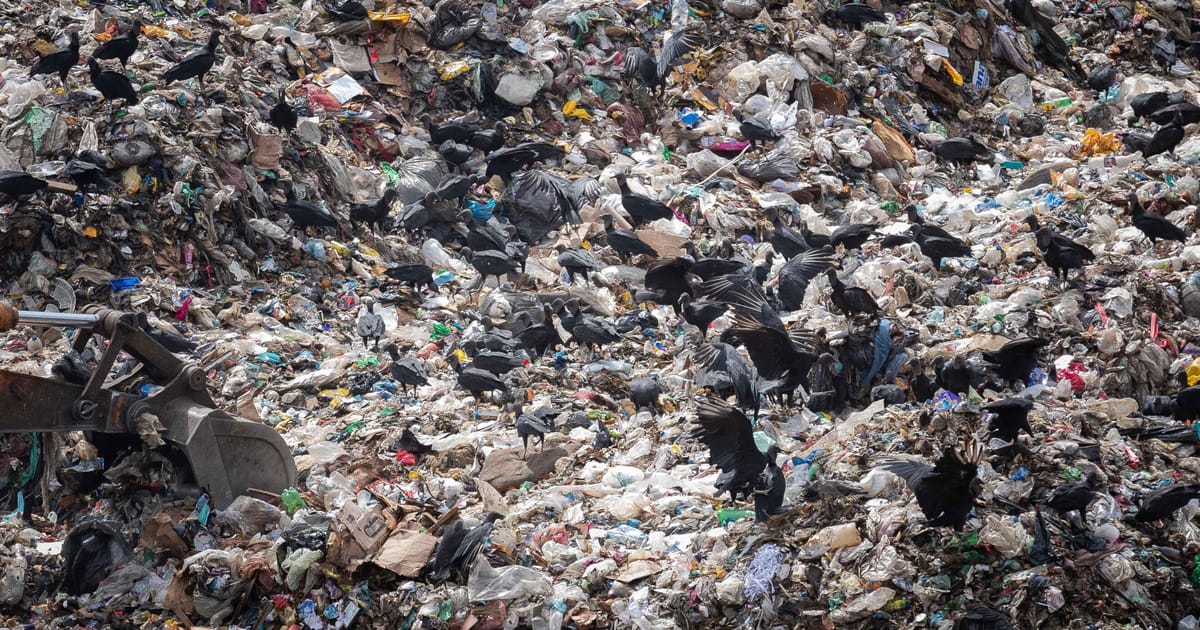

In a world where environmental changes constantly challenge the balance of our ecosystems, recent developments highlight the necessity for mindful solutions and sustainable practices. As different regions face unique environmental issues, there is a shared global responsibility to address these challenges thoughtfully.
The European incineration of waste, initially heralded as a more eco-friendly alternative to landfills, has faced scrutiny. What was once seen as a method to convert waste into energy is now being criticized for its environmental implications. The practice, which involves burning waste to produce energy, is increasingly viewed as less clean than previously believed, primarily due to emissions and pollutants released during the process. Advocates for sustainable waste management stress the importance of reducing waste generation and enhancing recycling efforts to minimize reliance on incineration. This pivot in strategy aims to balance energy needs with ecological stewardship, preserving the planet for future generations.
Meanwhile, in the Democratic Republic of the Congo (DRC), the government has opened an expansive area of its territory, including vital gorilla habitats and pristine forests, to oil and gas exploration. This decision, encompassing 52 fossil fuel blocks, has drawn concerns from environmentalists and conservationists worldwide. These areas, covering more than half of the country’s land and waters, are rich in biodiversity and carbon storage. As home to endangered species such as the lowland gorillas and bonobos, the regions are considered some of the most precious wildlife habitats. The potential environmental impacts underscore the tension between economic development and ecological conservation, prompting calls for balanced approaches that prioritize both local communities’ needs and global environmental health.
In Europe, Portugal has declared a state of maximum alert due to several forest fires, notably in the Arouca region. Almost 2,000 firefighters have been deployed to contain these blazes, which highlight the increasing frequency and intensity of such phenomena under climate change scenarios. The country acknowledges the pressing need for improved forest management practices and robust emergency preparedness to protect its natural resources and communities. These efforts are part of a larger movement across the continent to build resilience against climate-induced threats.
Similarly, the Azores, situated in the Atlantic, are preparing for more frequent and severe meteorological phenomena. Being in a path frequented by storms, this archipelago’s focus has shifted toward strengthening infrastructure and community readiness. The establishment of the Atlantic Climate Observatory in the Azores reflects a proactive stance in climate mitigation and adaptation. By fostering innovation and collaboration, the region aims to be a beacon of environmental commitment and resilience, setting a precedent for other vulnerable areas.
In the Algarve region of Portugal, coastal erosion presents another environmental challenge. The area of Quarteira, particularly affected, is set to undergo sand replenishment and intervention in breakwaters after the summer season. This initiative is crucial to counteract the natural and anthropogenic forces eroding coastlines, ensuring the protection of both the landscape and livelihoods dependent on a balanced coastal ecosystem. Such projects demonstrate a thoughtful approach to environmental management, where human intervention harmonizes with natural processes for sustainable outcomes.
Across these international landscapes, the imperative of fostering harmonious relationships with nature is increasingly evident. As challenges manifest in diverse forms, from urban waste management to protecting biodiversity-rich ecosystems, mindful strategies that bridge economic needs with ecological stewardship are vital. Each initiative, whether local or global, feeds into the broader narrative of sustainable development. Through cooperation and a deep understanding of natural systems, humanity can navigate pressing environmental issues, nurturing a world where both people and nature thrive.
Source: {link}
